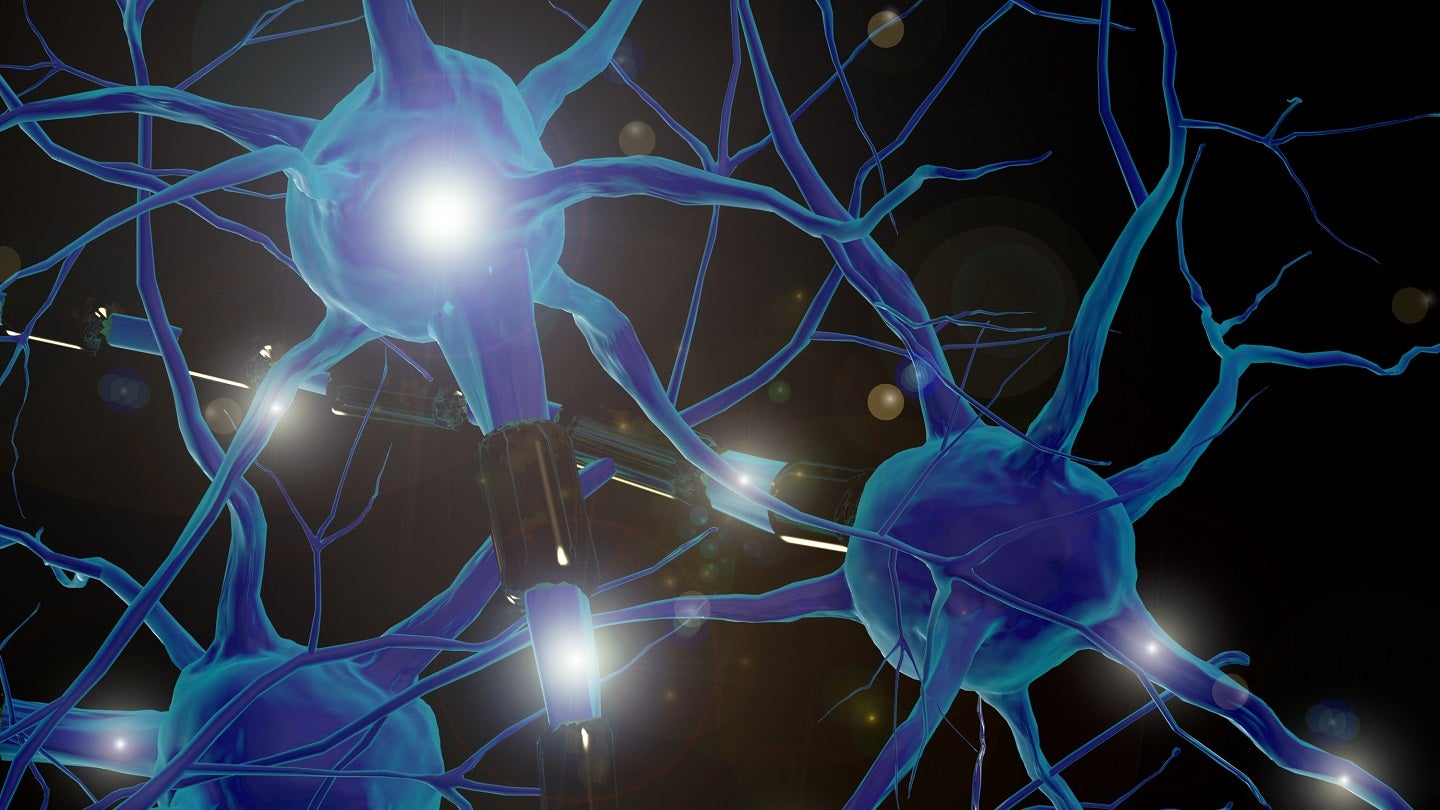

The US Food Drug Administration (FDA) has granted orphan drug designation to DTx Pharma’s investigational DTx-1252 for the treatment of Charcot-Marie-Tooth disease Type 1A (CMT1A).
DTx-1252 is a fatty acid ligand conjugated oligonucleotides (FALCON) small interfering RNA (siRNA) therapeutic which represses the PMP22 gene in Schwann cells.

Discover B2B Marketing That Performs
Combine business intelligence and editorial excellence to reach engaged professionals across 36 leading media platforms.
It induces remyelination of axons to normal levels, increases muscle coordination, agility, mass, grip and strength, and improves electrophysiological measurements.
DTx Pharma co-founder and CEO Artie Suckow stated: “Patients living with CMT1A are in urgent need of treatment and this represents a significant step forward for the patients and the DTx team as we advance DTx-1252 toward the clinic.
“DTx-1252 targets the underlying genetic lesion of the disease and leverages our FALCON platform to unlock the promise of RNAi therapeutics.
“We look forward to the continued development of DTx-1252.”

US Tariffs are shifting - will you react or anticipate?
Don’t let policy changes catch you off guard. Stay proactive with real-time data and expert analysis.
By GlobalDataFALCON siRNAs can be manufactured at low cost and delivered intrathecally [via the spine], intravenously and subcutaneously.
CMT1A is a progressive neuromuscular autosomal-dominant disease that leads to life-long loss of muscle function, as well as disability. It significantly impacts patients’ lives, causing loss of mobility, progressive muscle wasting and neuropathic pain.
An estimated 150,000 patients in Europe and the US are living with CMT1A.
Cell & Gene Therapy coverage on Pharmaceutical Technology is supported by Cytiva.
Editorial content is independently produced and follows the highest standards of journalistic integrity. Topic sponsors are not involved in the creation of editorial content.

